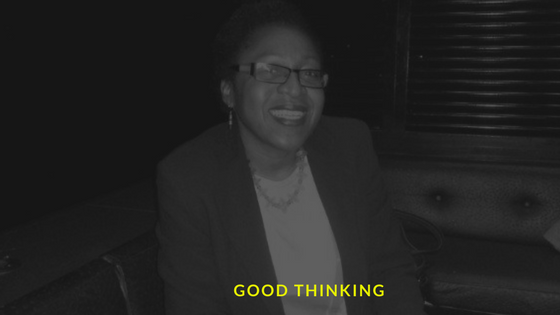Good Thinking – Effective Thinking for Every situation

Good thinking is one that successful people have in common. People who achieve their dreams understand the critical relationship between their levels of thinking and their level of progress. When thinking is limited, so is potential. Success is as simple as changing your mind. To do well we must first think well. Changing thinking can indeed change things. It is not just about what to think, but how to think.
In his book Thinking for a Change, Dr John Maxwell sets out eleven different types of thinking. He identifies the specific skills people need to make their potential for success explode into results. Can we learn new mental habits? Maxwell answers this question with a resounding yes.
1) Big picture thinking. The ability to think beyond your views and own needs and how that leads to great idea.
2) Focused thinking. The ability to think with clarity on issues by removing distractions and mental clutter to realise optimal potential.
3) Creative thinking. The ability to break and step out of the box and explore ideas and options in order to make and experience breakthroughs.
4) Realistic thinking. The ability to build a solid foundation on facts, to think with certainty against the backdrop of reality testing.
5) Strategic thinking. The ability to implement plans that give direction for today, and increase your potential for tomorrow
6) Possibility thinking. The ability to unleash your enthusiasm and hope, to find solutions for even seemingly impossible situations
7) Reflective thinking. The ability to revisit the past in order to think with understanding and look at the past to gain a better understanding of the future
8) Questioning popular thinking. The ability to reject common thinking and accomplish uncommon results
9) Shared thinking. The ability to work with and include others who can help you think ‘over your head’ to compound and achieve greater results
10) Unselfish thinking. The ability to consider others and their journey, to think with collaboration
11) Bottom-line thinking. The ability to focus on results, in order to reap the full potential of your thinking.






